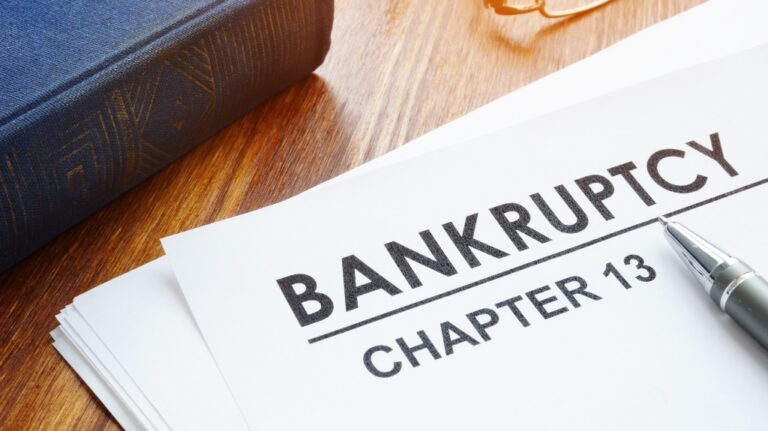In South Carolina, married couples have the option to file for bankruptcy individually or jointly. Both options offer distinct benefits, and choosing the right type for your situation can make all the difference in your financial future. Working with a South Carolina bankruptcy attorney can help you navigate the process, but before you file, it’s a good idea to familiarize yourself with the difference between individual bankruptcy and joint bankruptcy. Here’s what you need to know.
What Is Individual Bankruptcy?
Individual bankruptcy allows a single or married person to file for bankruptcy on their own with minimal impact to their spouse or partner. This bankruptcy method can be applied to Chapters 7, 11, and 13 bankruptcies.
By filing individually, the court will primarily consider your individual debts. However, if you and your spouse have joint debts like a mortgage, auto loan, or other similar debt, the full burden of repaying that debt could fall to them.
The Benefits of Individual Bankruptcy
Filing for individual bankruptcy offers a few distinct benefits. Here are some of the advantages of filing individually:
- Reduces the impact on your spouse’s finances: Since individual bankruptcies only discharge your personal debts and only consider your personal financial situation, your credit score will be the only one to drop. Your spouse’s good credit will typically stay the same.
- Discharges your personal debts: If you file for Chapter 7 bankruptcy, you could discharge your personal debts. This means you’ll avoid having to repay your creditors what you owe. This could help free up money from your paycheck to help you cover your routine expenses more easily.
- Easier filing: When you’re only filing bankruptcy for yourself, it can be easier to gather your documents and financial statements. Your spouse’s personal debts and individual accounts won’t be factored in, so you’ll have fewer things to coordinate throughout the bankruptcy process.
What Is Joint Bankruptcy?
Joint bankruptcy happens when two people, typically spouses, file for bankruptcy together. Like individual bankruptcy, spouses can file for Chapter 7, 11, or 13 bankruptcies depending on their goals.
When you file jointly, both your credit score and your spouse’s credit score will drop as a result of the filing. This is because joint bankruptcy looks at both of your finances. That drop in credit score can make it harder to qualify for loans, new credit cards, and even new rental properties.
The Benefits of Joint Bankruptcy
Though joint bankruptcy can impact both you and your spouse, it does offer a few distinct advantages. Here are some of the benefits of joint bankruptcy:
- Built-in support system: Joint bankruptcy lets you and your spouse file together. This means you’ll share in the experience and can support each other through a stressful time. You’ll both be on the same page and have a general idea of what the other is feeling.
- All of your debts will be discharged: When you both file for bankruptcy, your total debts have the potential to be discharged. This means you’ll both have a clean slate and can start rebuilding your finances together without worrying about lingering debts.
- Bigger exemptions: Under South Carolina law, some of your assets will be exempt when you file for bankruptcy. When you’re filing with your spouse, the court exempts a greater amount of those assets. That means you could keep more of your belongings than you would by filing for bankruptcy on your own.
How to Decide Which Is Right for Your Situation
Filing individually or filing jointly can be a tough choice to make. It largely depends on your financial situation and your long-term goals. The best way to decide whether to file individually or with your spouse is to work with a South Carolina bankruptcy lawyer. At Lam Law Firm, our team will help you understand your options and figure out the best next steps for your financial recovery. Contact us today to schedule a free consultation.






